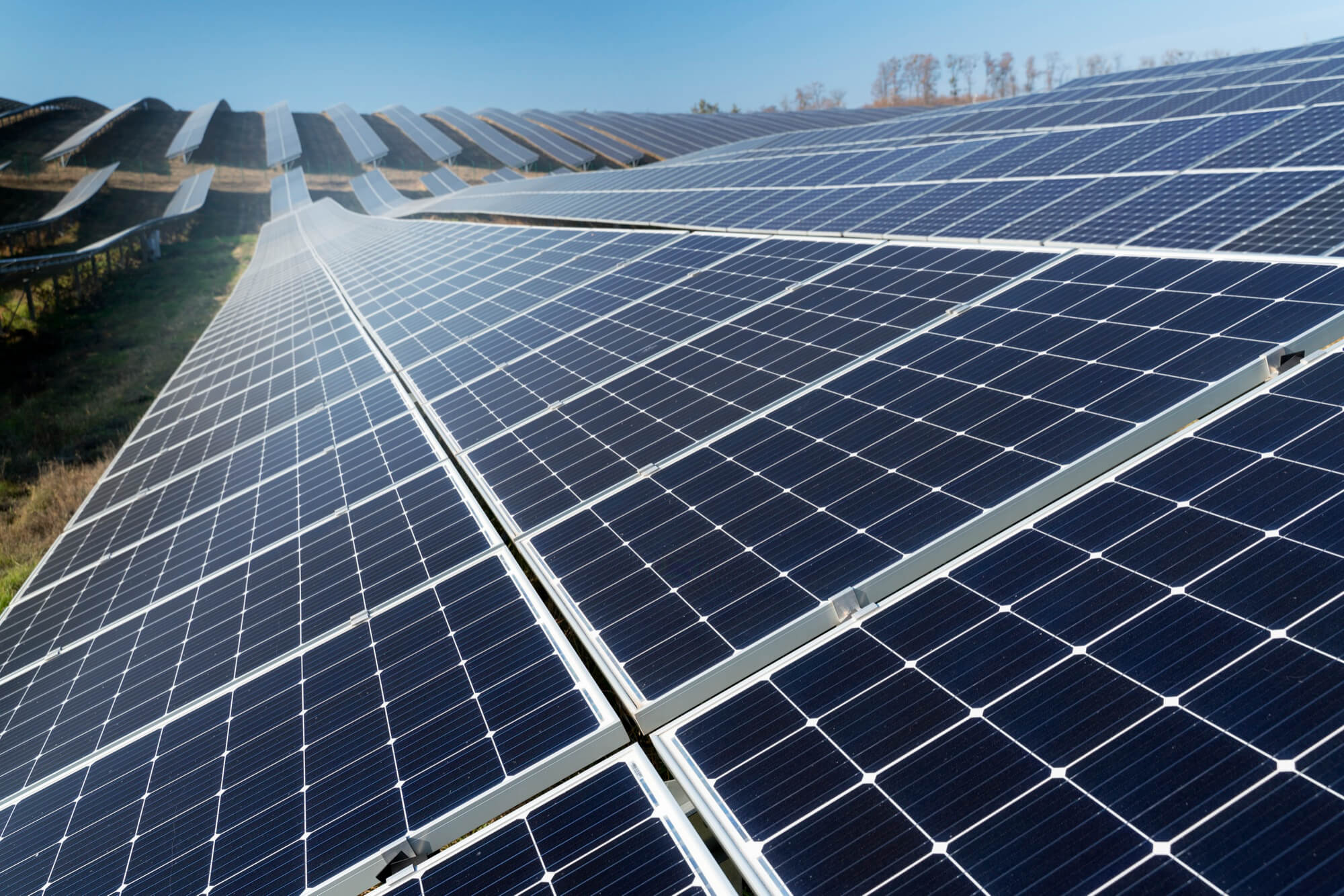Why metals matter
Other economies are already taking action. From the Inflation Reduction Act in the United States, to the Critical Raw Material and Net Zero Industries Acts in the European Union, the world is moving to secure supply chains and re-shore manufacturing of crucial metals, materials and components. The UK has a generational opportunity to secure and expand domestic metals industries within these changing global supply chains.
Backing UK Metals and Critical Materials industries will
- Strengthen economic growth and investment in the UK
- Create new jobs and help to revitalise communities and regional identities
- Build resilient supply chains and capabilities in the key industries of the future, such as low carbon energy, electric vehicles, electronics and defence
- Ensure the benefits of the Green Energy Transition are maximised for British industry and the UK economy
Examples of some of the vital industries which rely on sourcing, processing and working of metals and critical materials are listed below.
Wind Turbines
Copper- Used in the generator, wiring, and grounding systems.
Aluminum – Used in the nacelle housing.
Steel – Used for the tower and internal structural components.
Rare Earth Elements (Neodymium, Dysprosium) – Used in the magnets for the generator.
Platinum Group Metals – used to produce fibreglass for the blades.
Data Centres
Silicon – Used in processors, memory, and storage devices.
Aluminum – Used in server casings and cooling solutions.
Copper – Used in wiring and cooling systems.
Platinum Group Metals – used as the magnetic storage medium in hard disk drives.
Steel – Used in server racks and structural components.
Gold – Used in connectors and high-performance computing parts.
Silver – Used in connectors and circuits.
Rare Earth Elements (Neodymium, Dysprosium) – Used in hard drives and cooling fans.
Electric Vehicles (EVs)
Lithium – Used in lithium-ion batteries.
Cobalt – Used in lithium-ion battery cathodes.
Nickel – Used in lithium-ion battery cathodes.
Graphite – Used in battery anodes.
Platinum Group Metals – used as catalysts in fuel cells, to produce copper foil for batteries, and in electronics
Aluminum – Used in body panels and battery casings.
Copper – Used in Lithium-ion batteries, wiring, motors, and electrical components.
Rare Earth Elements (Neodymium, Dysprosium) – Used in electric motors.
Smartphones
Silicon – Used in microchips and processors.
Gold – Used for reliable, corrosion-resistant electrical connections.
Silver – Used in printed circuits and connections.
Copper – Used in wiring and circuits.
Platinum Group Metals – used in electronics components and to produce SAW filters.
Lithium – Used in batteries.
Cobalt – Used in batteries.
Tantalum – Used in capacitors.
Tin – Used in solder.
Rare Earth Elements (Neodymium, Dysprosium, Praseodymium) – Used in speakers, vibration units, and other small components.
Artificial Intelligence (AI)
Silicon – Used in processors and memory chips.
Platinum Group Metals – used in semiconductor production.
Gold – Used in high-performance computing components.
Copper – Used in wiring and heat dissipation.
Aluminium – Used in casings and cooling systems.
Gallium – Used in high-performance semiconductors.
Indium – Used in high-performance semiconductors and touch screens.







